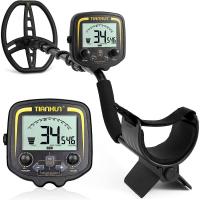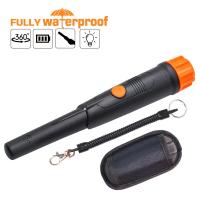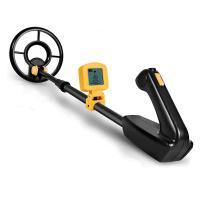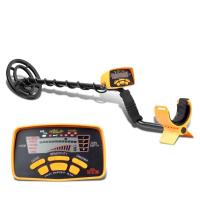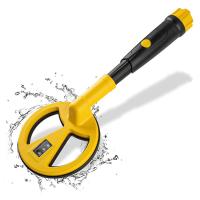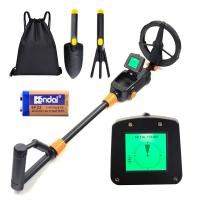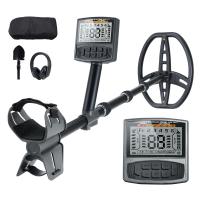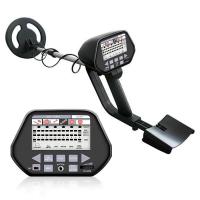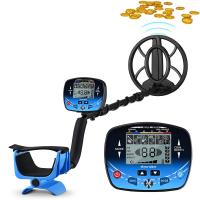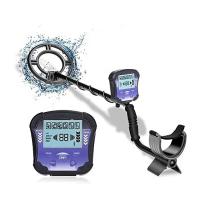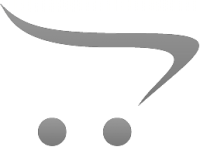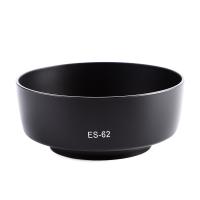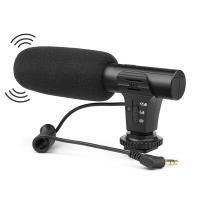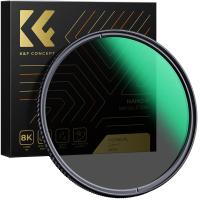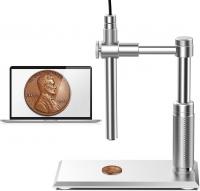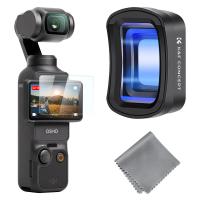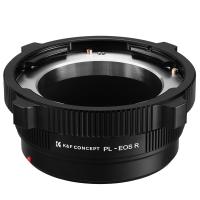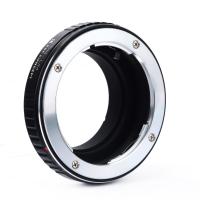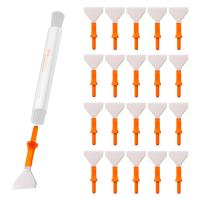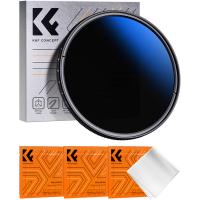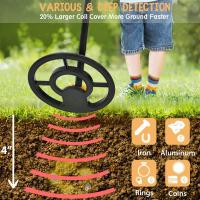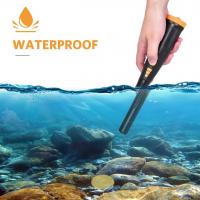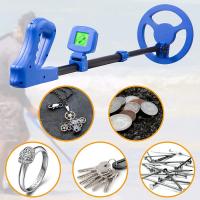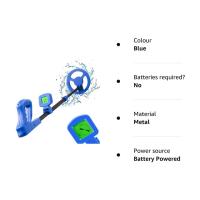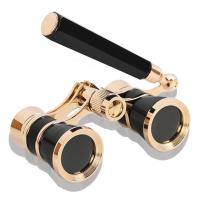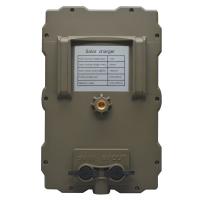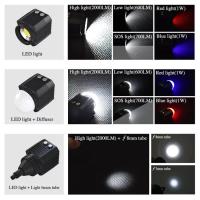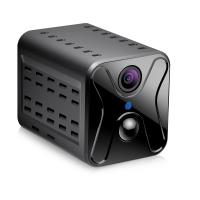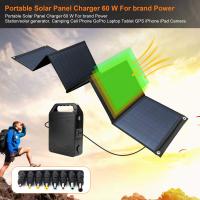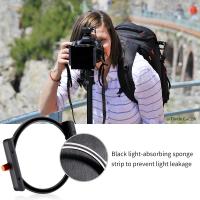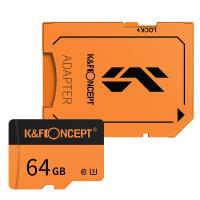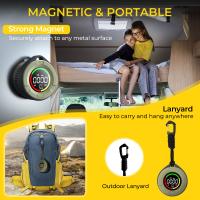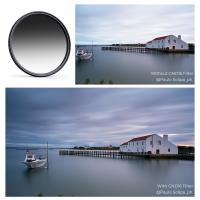Where To Buy Second Hand Metal Detector?
When it comes to hobbies or activities like metal detecting, getting started often involves finding the right equipment. For many enthusiasts, purchasing a second-hand metal detector is a practical choice – it’s cost-effective, environmentally friendly, and provides access to high-quality models at a reduced price. However, as with any second-hand purchase, knowing where to buy and how to evaluate your options is crucial. In this guide, we'll explore the best places to buy second-hand metal detectors, key considerations before purchasing, and practical advice to ensure you make an informed decision.
---
Why Buy a Second-Hand Metal Detector?
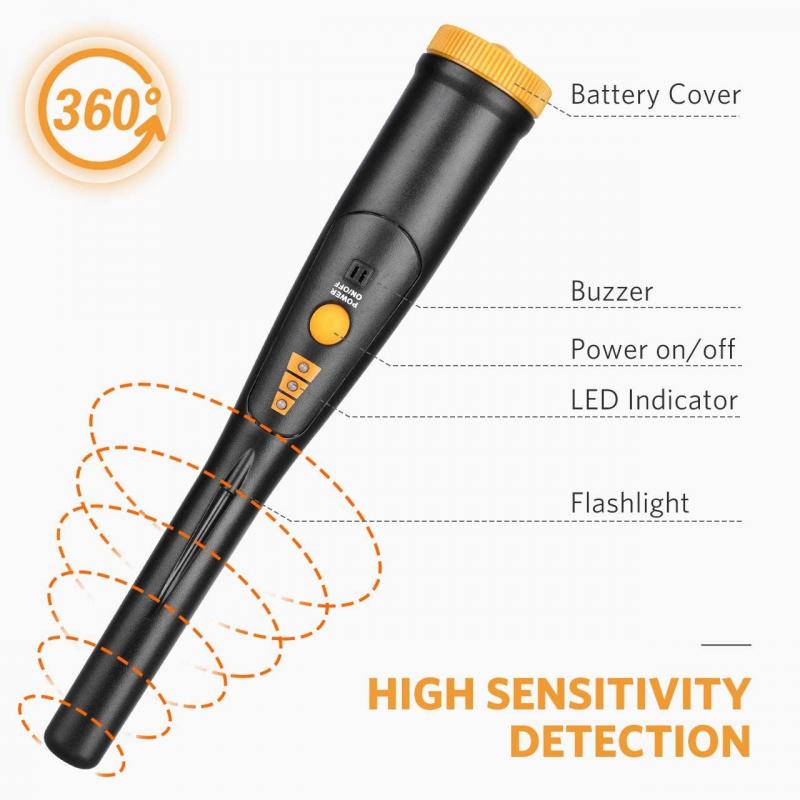
Before diving into where to purchase, it’s important to understand the numerous benefits of buying a pre-owned metal detector.
- Cost Savings: Metal detectors, particularly high-end brands or models with advanced features, can be expensive when bought new. A second-hand device may cost much less while still delivering excellent performance.
- Testing the Waters: For beginners unsure of how committed they are to the hobby, investing in used equipment offers a lower-risk, lower-cost entry point.
- Access to Quality Models: Pre-owned markets often have high-quality or discontinued models from reputable brands that are harder to find in retail stores.
- Environmentally Friendly: Purchasing used equipment reduces waste and the demand for new production, making it a sustainable choice.
However, to fully reap these benefits, the key is to know where to look and what to look out for.
---
Where to Buy a Second-Hand Metal Detector
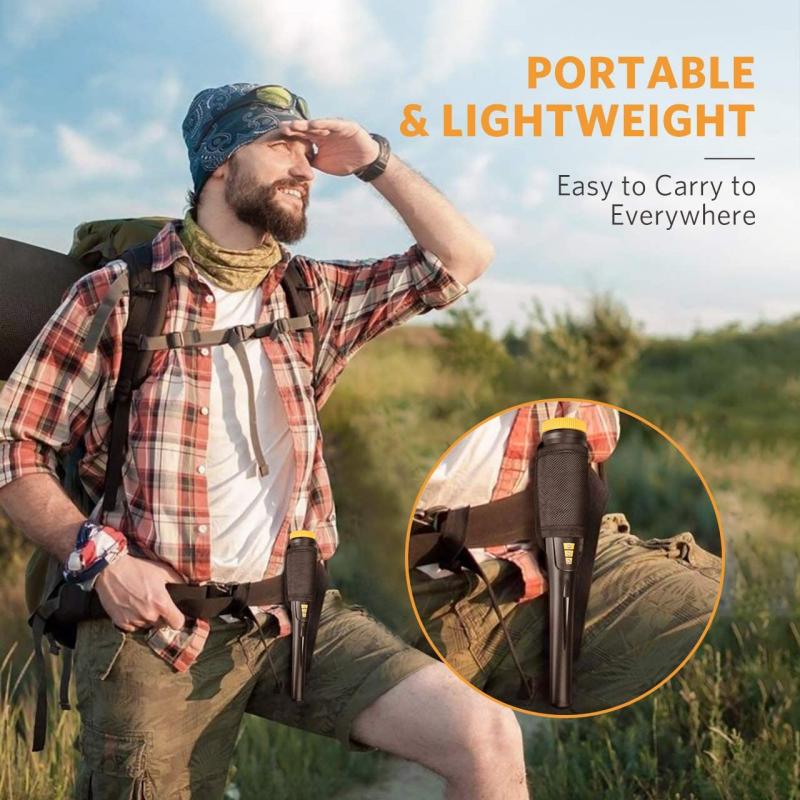
Here are the most effective avenues to consider when purchasing a pre-owned metal detector:
1. Online Marketplaces
- eBay: One of the largest platforms for second-hand goods, eBay allows you to find a wide variety of metal detectors at various price points. With a bidding system, you might snag a deal if you’re patient and strategic. Always review seller ratings and return policies before purchasing.
- Craigslist: Craigslist is ideal for local purchases, allowing you to meet the seller in person to inspect the detector before buying. However, be cautious of potential scams and insist on meeting in a safe, public place.
- Facebook Marketplace: This platform combines local access and personal seller profiles, giving you the chance to directly negotiate the price and understand the equipment’s history.
2. Specialized Hobbyist Websites and Forums
- Metal Detecting Forums: Communities like TreasureNet, Friendly Metal Detecting Forum, and DetectorProspector often have classified sections for buying and selling equipment. Many sellers on these platforms are experienced hobbyists who can provide detailed information about the equipment.
- Specialized Retail Platforms: Websites such as Kellyco or Metaldetector.com occasionally feature pre-owned or refurbished options. These often come with some level of inspection or certification, giving you added confidence in your purchase.
3. Local Pawn Shops or Resale Stores
Pawn shops are known to carry a wide range of equipment, including metal detectors, particularly in regions where treasure hunting or prospecting is popular. The advantage of buying from a pawn shop is that you can physically inspect the unit and test it before committing. Additionally, some resale stores that cater to outdoor activities or hobbies may occasionally have used metal detectors in stock.
4. Second-Hand Equipment Dealers
Some retailers specialize in selling used or refurbished metal detection equipment with quality checks and warranties. These shops provide a middle ground between buying new and second-hand from an uncertified source, ensuring reliability and a fair price.
5. Local Classified Ads
Local newspapers or online classifieds like Gumtree offer a less-competitive environment to find second-hand equipment in your area. These transactions often involve direct interaction with sellers, making it easier to verify details and negotiate.
6. Flea Markets and Garage Sales
While not the most consistent option, flea markets and garage sales can occasionally yield hidden gems. Sellers may not fully understand the value of the equipment, which could lead to significant savings—but this strategy requires patience and persistence.
---
Key Considerations When Buying a Second-Hand Metal Detector
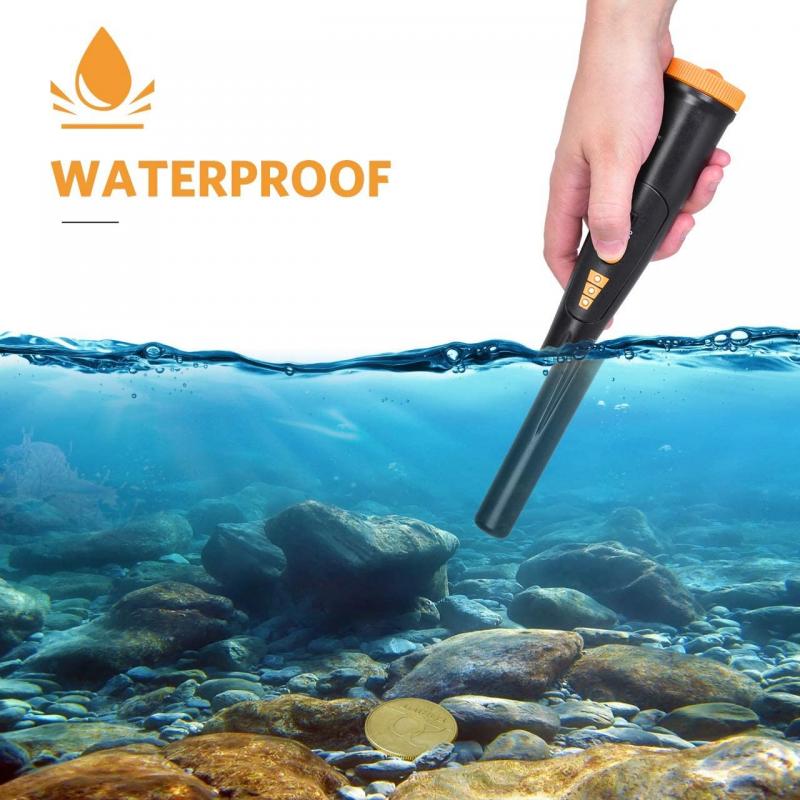
While the avenues above provide plenty of opportunities, purchasing a second-hand metal detector can be a double-edged sword if you don’t exercise due diligence. Here are some key factors to keep in mind:
1. Condition and Functionality
- Inspect for Damage: Look for signs of physical wear, cracks, or loose components, especially on high-pressure areas like the shaft or coil.
- Test the Detector: If possible, test the detector before buying. Confirm that it turns on, operates smoothly, and performs basic functions like pinpointing or target identification.
- Verify Accessories: Many metal detectors come with essential accessories (e.g., coils, headphones, carrying cases). Ensure these are included and in good condition.
2. Brand Reputation
Trusted brands like Minelab, Garrett, Fisher, Nokta Makro, and XP are generally more reliable, even when purchased second-hand. Pay attention to models well-regarded for durability and performance, even in a used condition.
3. Age and Usage
Find out how old the machine is and how heavily it was used. While some detectors are built to last, heavy field use over the years can affect functionality, particularly for intricate components like the coil.
4. Availability of Spare Parts
Ensure replacement parts are still available, especially for discontinued models. Buying a detector with no support for spare parts or repair services can leave you stranded if something breaks.
5. Warranty and Certification
Check whether the detector is still under warranty. Some high-end models have transferable warranties. If you’re purchasing through certified resellers, inquire about any inspection or guarantees included with the purchase.
6. Price Comparison
Do your homework to understand the fair market value of the model you’re considering. Compare prices across the different platforms and factor in the cost of potential repairs or replacements.
7. Scams and Safety
Be cautious with online transactions. Use secure payment methods that provide buyer protection and avoid deals that seem “too good to be true.” When buying locally, meet in public places, and test the equipment on-site.
---
Practical Tips for a Smooth Buying Experience
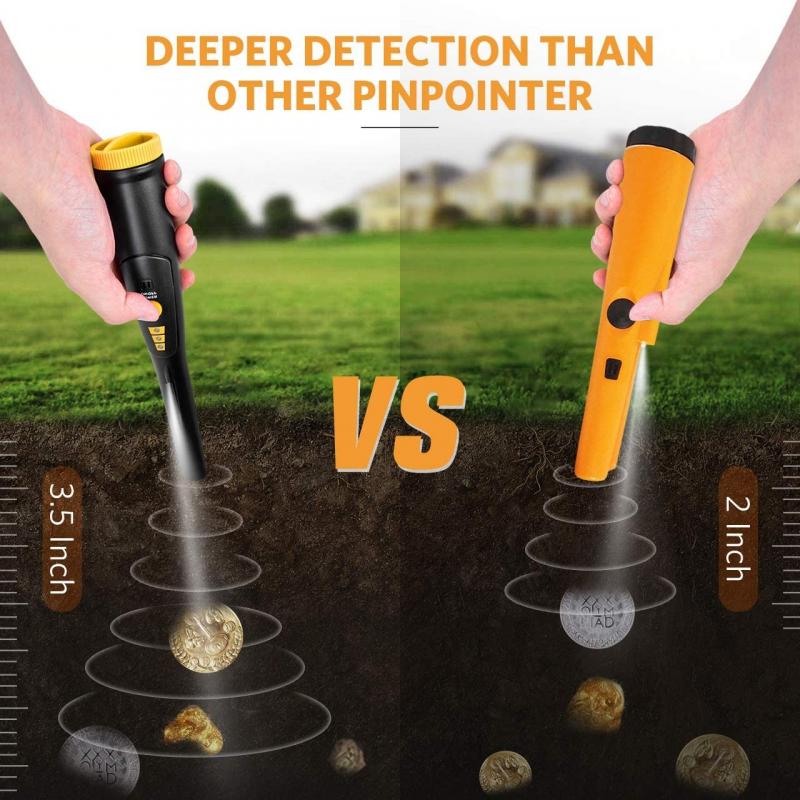
To ensure a smooth and satisfactory purchase, here are some additional tips:
- Research Thoroughly: Whether it’s an advanced model or a beginner device, familiarize yourself with the detector’s features. Reading reviews and watching YouTube demonstrations can provide insight into its performance.
- Negotiate Wisely: Many second-hand transactions offer room for negotiation, so feel free to haggle, especially if you spot minor flaws or omissions.
- Join Local Clubs: Metal detecting clubs or communities often include members upgrading or selling their detectors. This can be a great avenue for finding quality second-hand equipment at reasonable prices.
- Document the Transaction: In case anything goes wrong, keep records of the deal, including photos of the unit, correspondence with the seller, and proof of payment.
---
Making the Most of a Second-Hand Metal Detector
After purchasing your second-hand metal detector, it’s time to roll up your sleeves and start treasure hunting! Test the detector in various terrains and environmental conditions to understand its strengths and weaknesses. If you’re new to the hobby, read the manual thoroughly (you can typically find digital versions online if the seller doesn’t provide one) and start in areas with moderate levels of trash signals to practice identifying valuable targets.
Additionally, consider joining local metal detecting meetups or forums to share tips, exchange experiences, and learn from seasoned enthusiasts. Even if you purchased second-hand equipment, the enjoyment of uncovering hidden artifacts, coins, or relics will be just as rewarding.
---
In Conclusion
Finding a second-hand metal detector that meets your needs and budget is entirely possible with the right knowledge and approach. By exploring reliable sources such as online marketplaces, local pawn shops, and hobbyist forums, you’ll gain access to a wide selection of pre-owned models. However, it’s critical to perform due diligence by inspecting condition, testing functionality, and confirming fair pricing.
With proper research and a bit of patience, your second-hand metal detector can open the door to an exciting and rewarding hobby, all without stretching your budget. So, put your research skills to work, take your time with the decision-making process, and enjoy searching for treasure both in the marketplace and out in the field!

